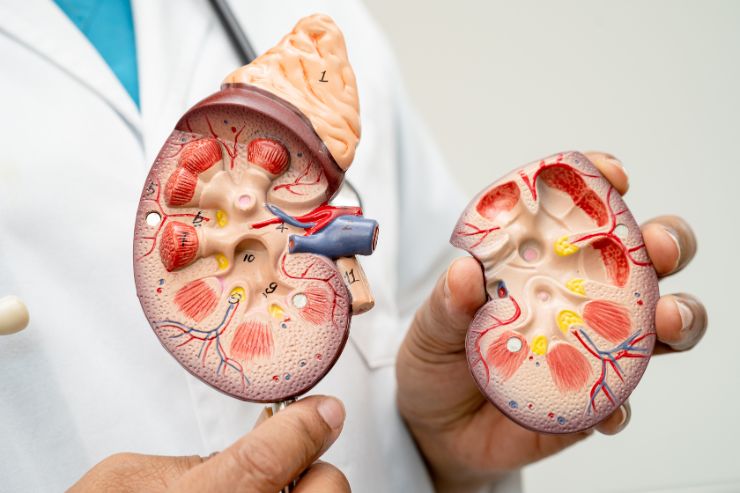
Chronic Kidney Failure, also known as Chronic Kidney Disease (CKD), is a gradual loss of kidney function over time. Unlike acute kidney failure, which occurs suddenly, CKD develops slowly, often over several years. As the kidneys lose their ability to filter waste, balance fluids, and regulate electrolytes, harmful toxins build up in the body, potentially leading to life-threatening complications if left untreated.
Causes of Chronic Kidney Failure
Several underlying conditions can contribute to the progression of CKD. The most common causes include:
Symptoms of Chronic Kidney Failure
Chronic kidney disease often progresses silently in its early stages, with few noticeable symptoms. However, as kidney function declines, symptoms may include:
Stages of Chronic Kidney Disease
Chronic kidney failure is classified into five stages based on the glomerular filtration rate (GFR), which measures how well the kidneys are filtering waste:
Treatment for Chronic Kidney Failure
While chronic kidney failure cannot be cured, its progression can be slowed with early detection and proper management. Treatment options focus on managing the underlying causes, controlling symptoms, and preventing complications. These include:
Prevention and Early Detection
Preventing CKD involves managing the risk factors that contribute to kidney damage. Key preventive steps include: